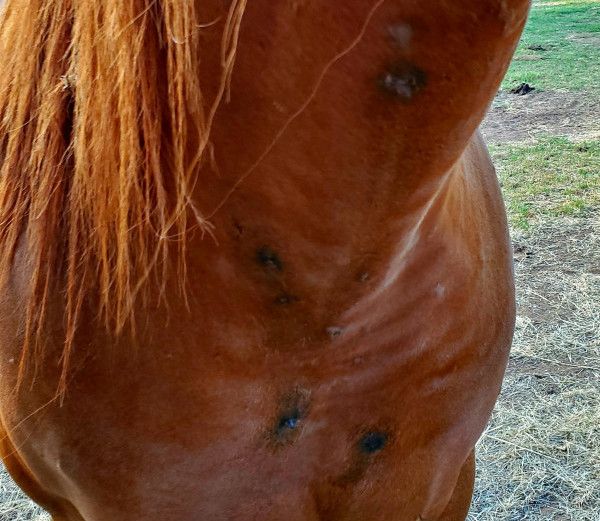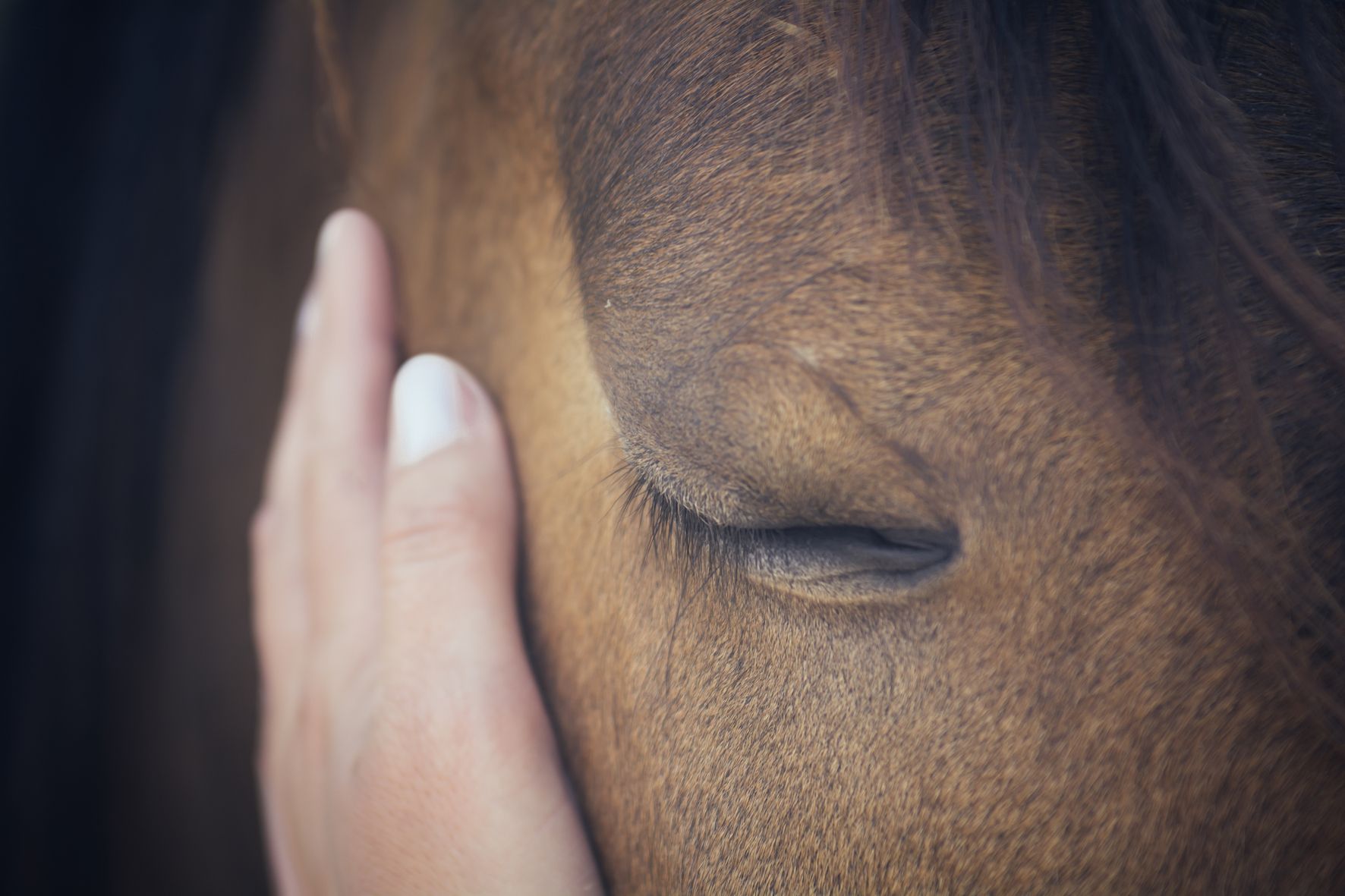Horses

Keeping you and your horse in vibrant good health
How healthy we are in relationship to our world is very much reflected in the attention we give our horses and environment. A lack of “right relationship” results in countless horses (earthly resources) used up from competition or racing and then discarded to the Dark Side of the horse industry- the sale yards and a destination unknown.
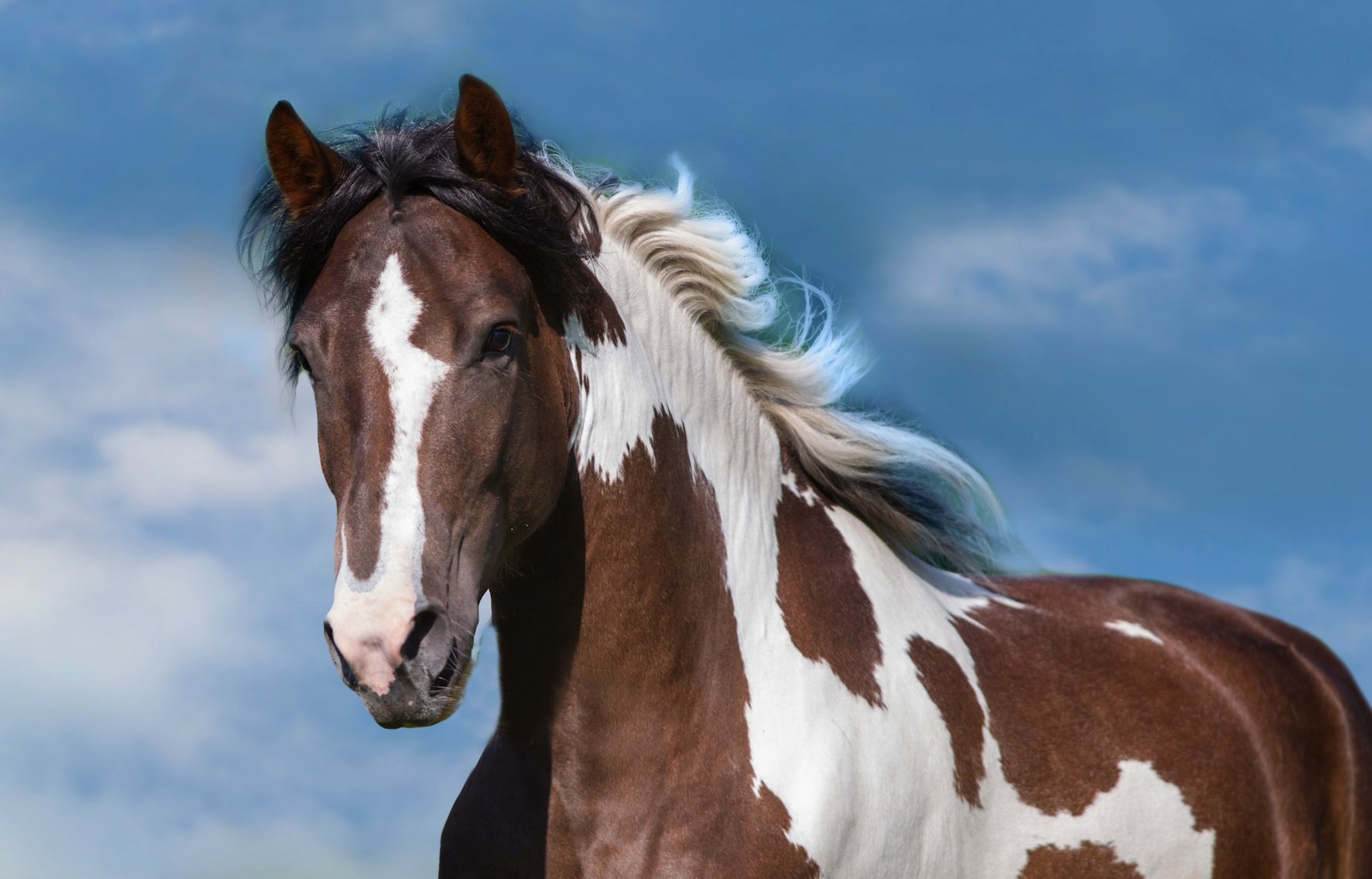
Oxalate pastures and horse health
Oxalates are compounds that bind to calcium and other essential minerals, locking them up in forms that horses cannot absorb. Because calcium is critical for so many vital body functions—bone strength, muscle contraction, nerve signalling, cardiovascular function - this binding process can quickly lead to deficiency. When dietary calcium is not available, the horse’s body pulls calcium from its own skeleton, leading to weakness, pain, and in severe cases, the bone disease known as Bighead.
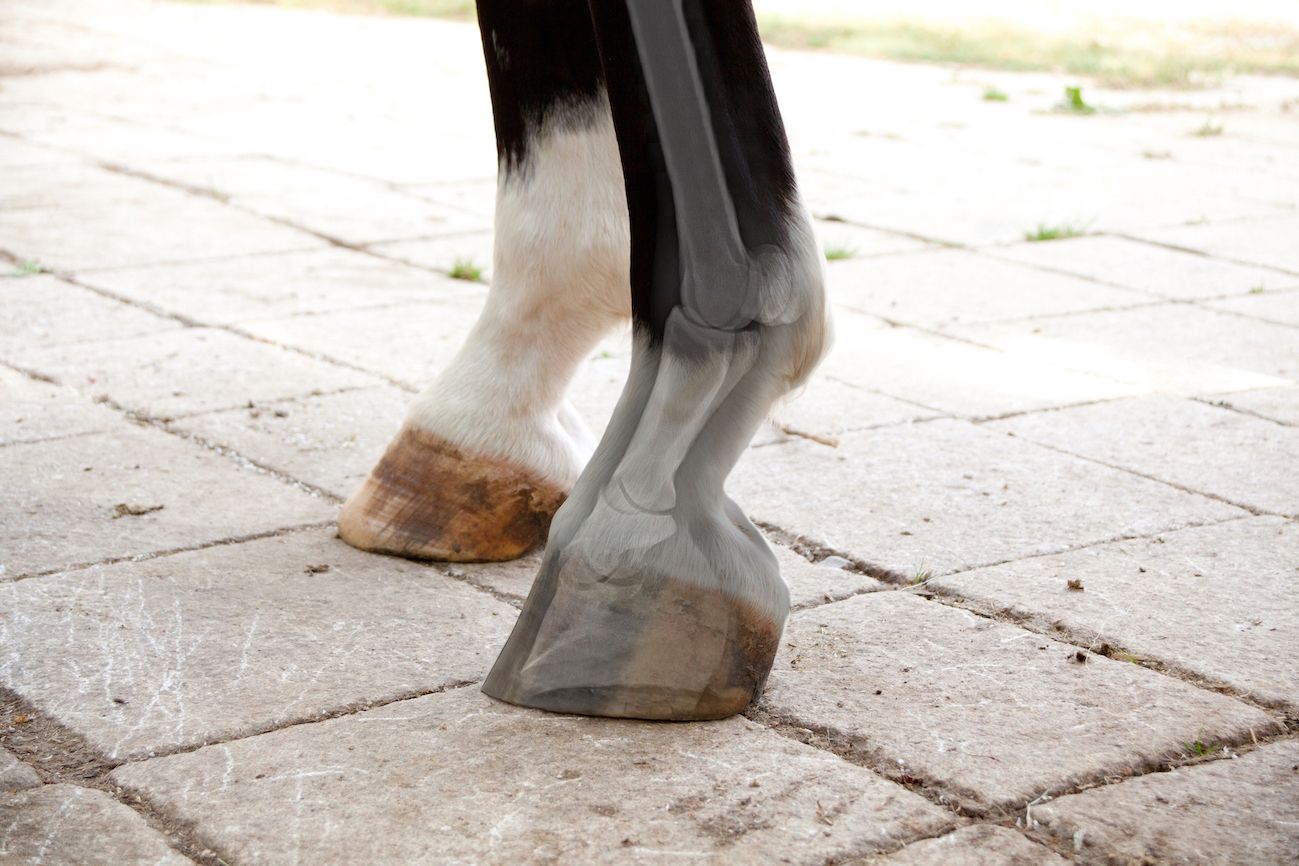
Recognising laminitis in horses
Laminitis is one of the most serious and painful conditions a horse can experience. Early detection and supportive care are essential, as the sooner laminitis is identified, the better the chance of preventing long-term damage.
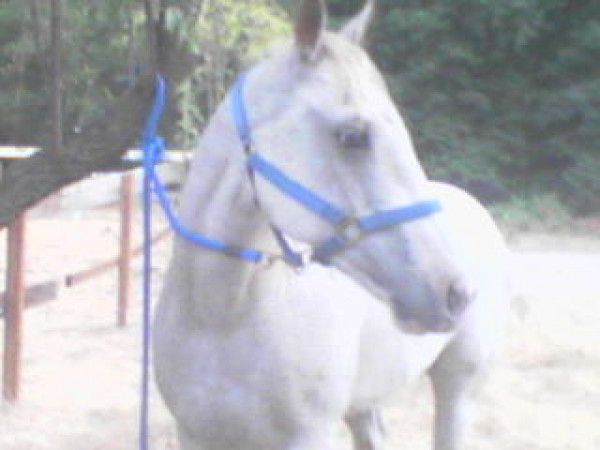
Trigger's miraculous recovery from Squamous Cell Carcinoma
Trigger looked like hell.....skinny, not much mane or tail, chronic diarrhoea and face filthy from where his eye had oozed out for who knows how long. I'll never get another horse as good as him. He was the toughest, most honest, loyal, fastest and safest horse I've ever known.
Understanding and treating warts on horses – A holistic guide
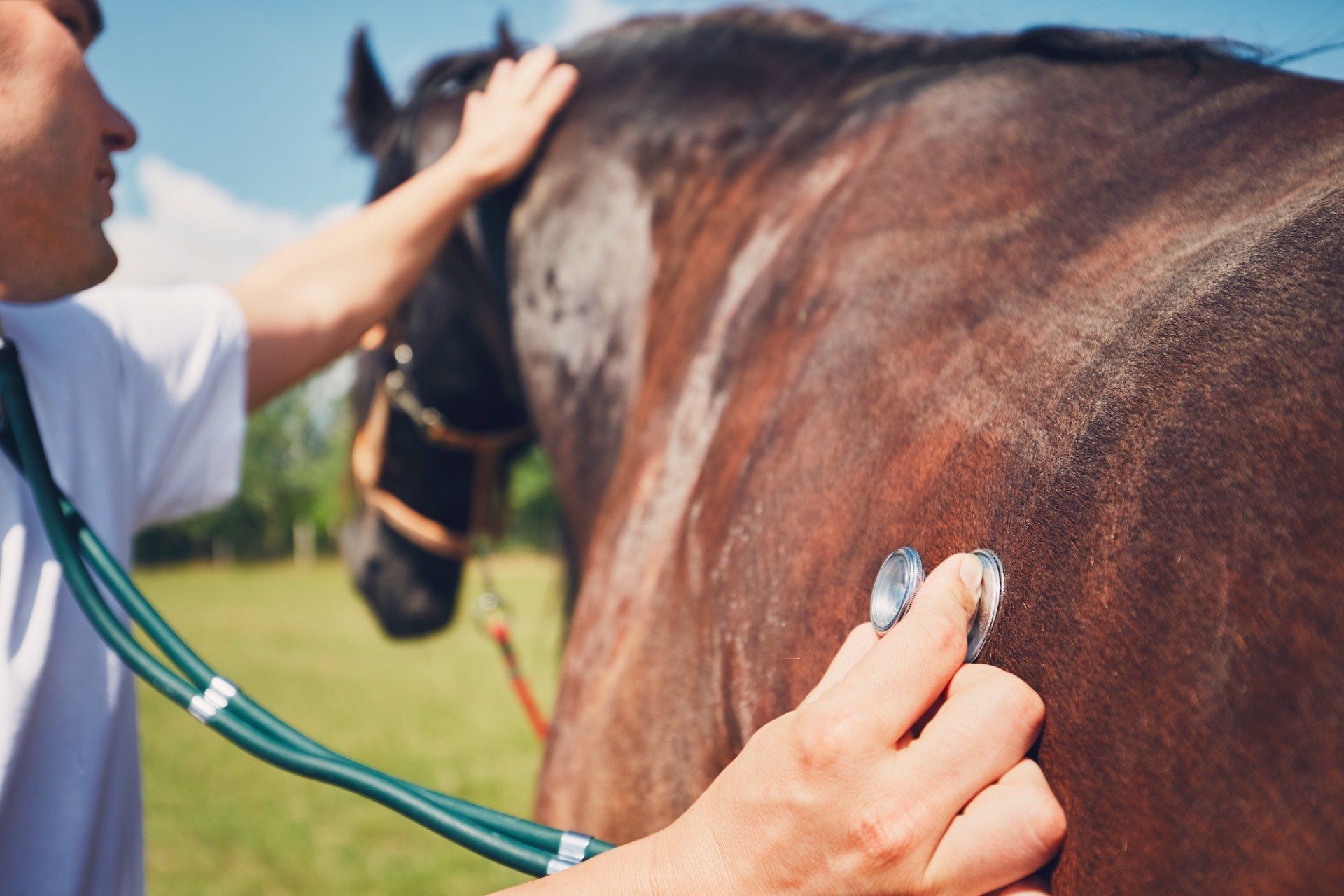
Stomach, or gastric, ulcers in horses
Equine ulcers are much more common nowadays than ever before. Also that maybe they were extremely rare or even completely unknown before we started to interfere with so much of the horses natural environment and natural needs and feeding.
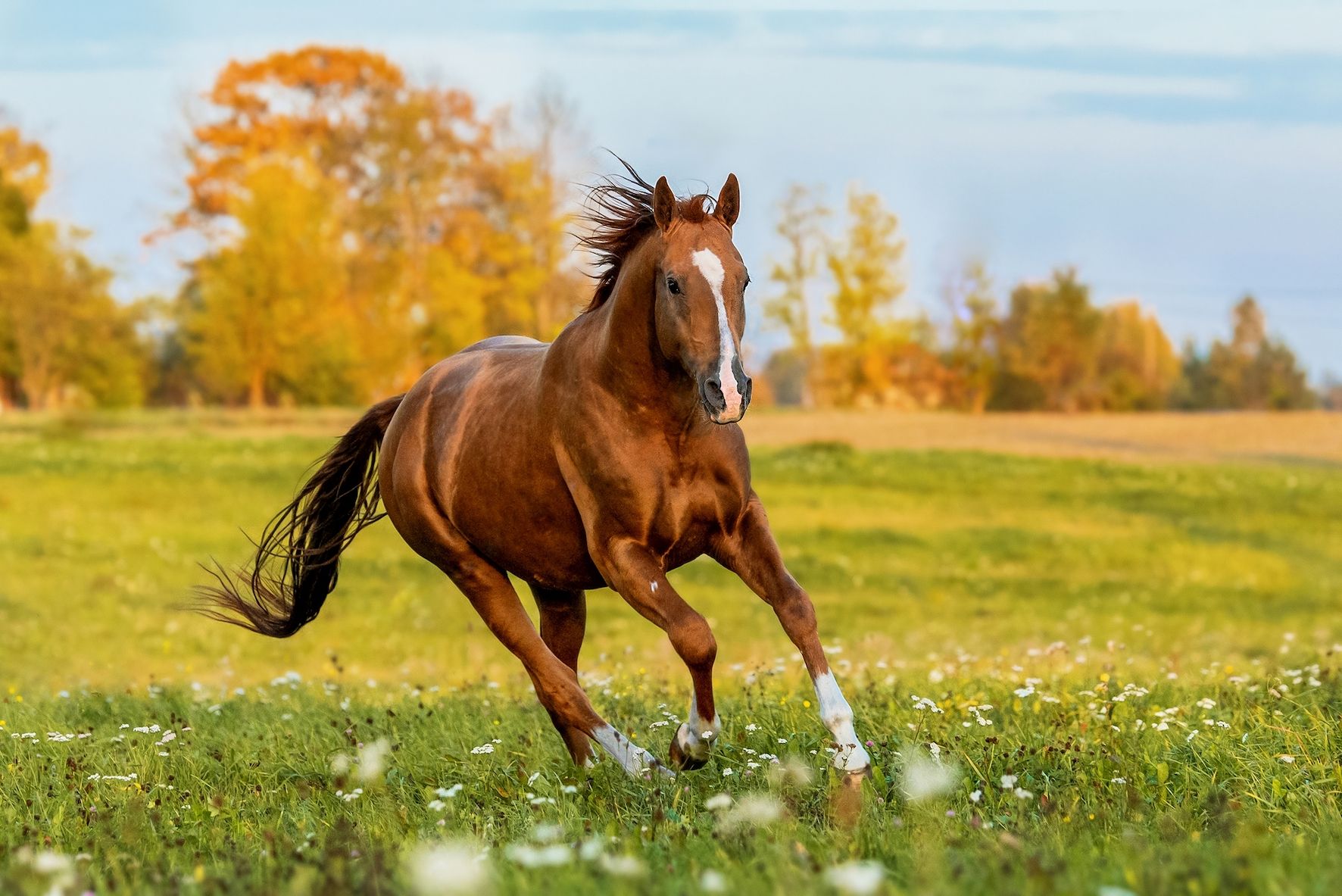
Degenerative Suspensory Ligament Desmitis in horses
Though once considered a rare issue seen primarily in older performance horses, increasing research and awareness have revealed that DSLD is more widespread and complex than originally thought, with systemic implications affecting multiple soft tissues throughout the body - not just the limbs.
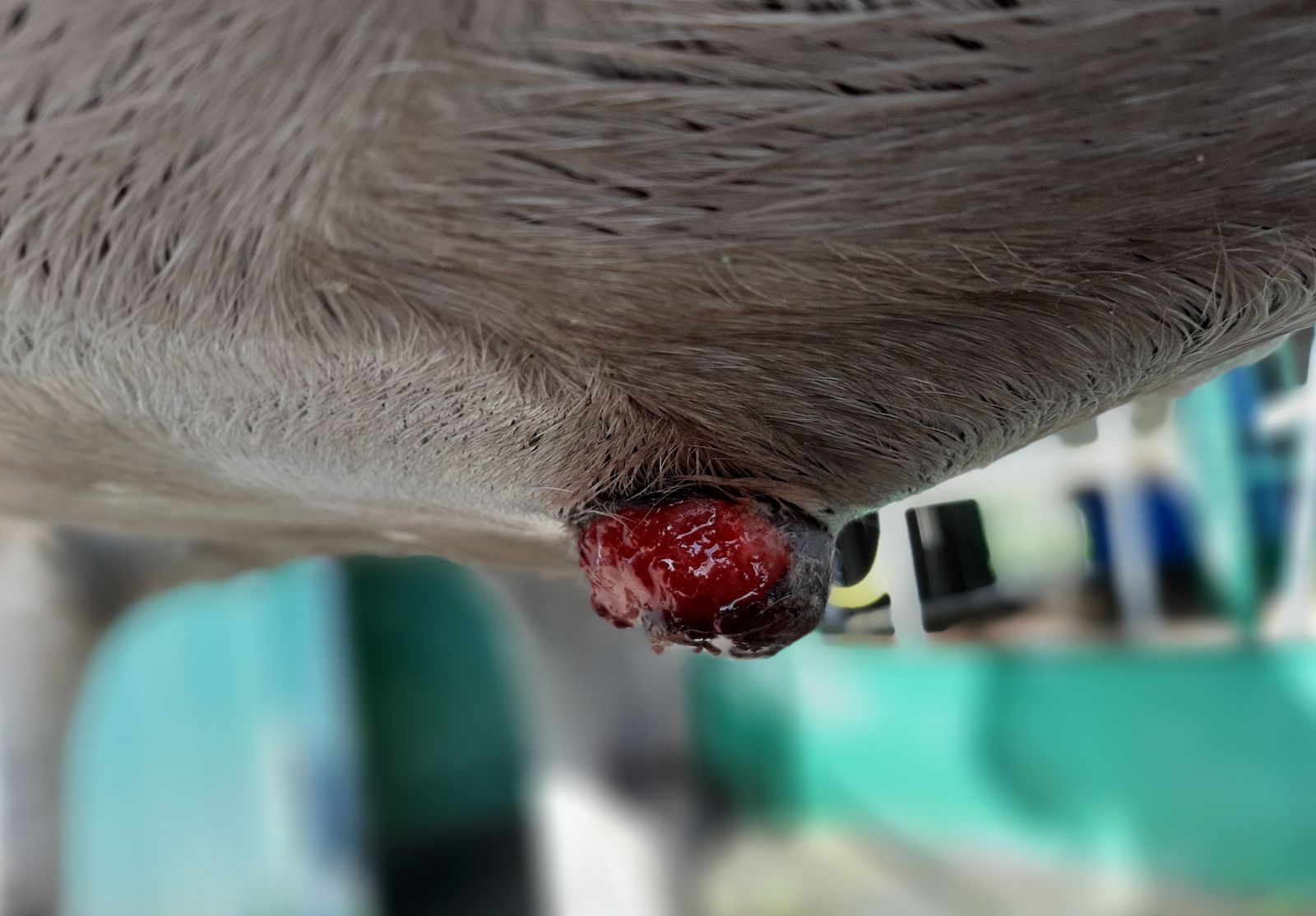
Natural herbal support for sarcoids in horses
Sarcoids are one of the most common skin conditions affecting horses, and while they can appear externally as growths, they often reflect a deeper imbalance in the body, particularly within the immune and lymphatic systems
